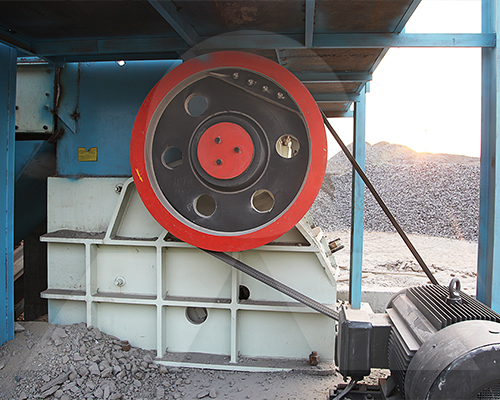Jaw Crushers for Quarrying: Power, Efficiency, and Durability
When it comes to quarrying operations, investing in jaw crushers is critical for maximizing productivity, reducing downtime, and ensuring long-term profitability. Jaw crushers are the backbone of primary crushing stages in quarries, designed to break down large rocks into manageable sizes for further processing. In this guide, we explore why high-performance jaw crushers are indispensable for quarrying, their key features, and how to choose the best equipment for your needs.
Why Choose High-Quality Jaw Crushers for Quarrying?
Quarry environments demand rugged machinery capable of handling abrasive materials, heavy loads, and continuous operation. Here’s why premium jaw crushers stand out:
- Superior Crushing Efficiency
Advanced jaw crushers deliver optimal reduction ratios, ensuring consistent output sizes. Features like aggressive nip angles and optimized toggle systems enhance material breakage, reducing energy consumption per ton of processed material. - Durability in Harsh Conditions
Premium crushers are built with wear-resistant materials such as manganese steel jaws and reinforced frames. This extends component lifespan, even when processing hard, abrasive quarry stones like granite or basalt. - Low Operational Costs
High-quality jaw crushers minimize maintenance requirements and downtime. Replaceable wear parts and easy-access designs simplify servicing, keeping your operations running smoothly. - Versatility
Modern jaw crushers adapt to diverse applications, from primary crushing of blasted rock to recycling demolition concrete. Adjustable settings allow operators to control output size for downstream processes.

Key Features of Jaw Crushers
When evaluating jaw crushers for quarrying, prioritize these essential features:
- Robust Construction: Look for heavy-duty frames and bolted (not welded) designs for stability under heavy loads.
- Hydraulic Adjustment Systems: Enable quick and safe adjustments to the closed-side setting (CSS) for precise output control.
- Enhanced Safety Mechanisms: Overload protection and automatic lubrication systems safeguard both the machine and operators.
- Energy-Efficient Motors: Meet sustainability goals while reducing electricity costs.
- Smart Technology Integration: IoT-enabled crushers provide real-time performance monitoring and predictive maintenance alerts.
How to Select the Right Jaw Crusher for Your Quarry
Choosing the ideal jaw crusher depends on several factors:
- Material Hardness and Abrasiveness
Harder materials like quartzite require crushers with higher compressive strength and wear-resistant components. - Feed Size and Capacity Requirements
Match the crusher’s feed opening dimensions and throughput (tons per hour) to your quarry’s production targets. - Mobility Needs
Stationary crushers suit large-scale quarries, while mobile jaw crushers offer flexibility for multi-site operations. - After-Sales Support
Partner with manufacturers that provide reliable technical support, spare parts availability, and warranty coverage.
Maintenance Tips for Longevity
To maximize your jaw crusher’s lifespan:
- Regularly inspect and replace worn jaw plates.
- Monitor belt tension and alignment.
- Keep the crushing chamber clean to prevent material buildup.
- Follow the manufacturer’s lubrication schedule.
Conclusion
Investing in jaw crushers for quarrying ensures efficient material processing, reduced operational costs, and sustained productivity. By prioritizing durability, technology, and manufacturer support, quarries can achieve higher returns on investment while meeting stringent production demands.
Are you ready to upgrade your crushing operations? Contact us today to explore the jaw crusher that is right for your quarry’s unique requirements.
- > Mobile Impact Crusher for Construction Waste Recycling: An Efficient Solution
- > Optimizing Raw Material Grinding Size and Feed Capacity in Ball Mills
- > Common Issues and Solutions for Jaw Crushers
- > Applications and Advantages of Jaw Crushers in South American Mining Operations
- > Is a Jaw Crusher Mandatory for the Primary Crushing Stage?
- > Wheeled vs. Tracked Mobile Crushers: Which is Best for Soft Soil Mining Areas?
- > Using Jaw Crushers to Crush High-Moisture Ores in Indonesia
- > Versatile Mobile Vibrating Screen for Rock Crusher Applications


Online




Message
